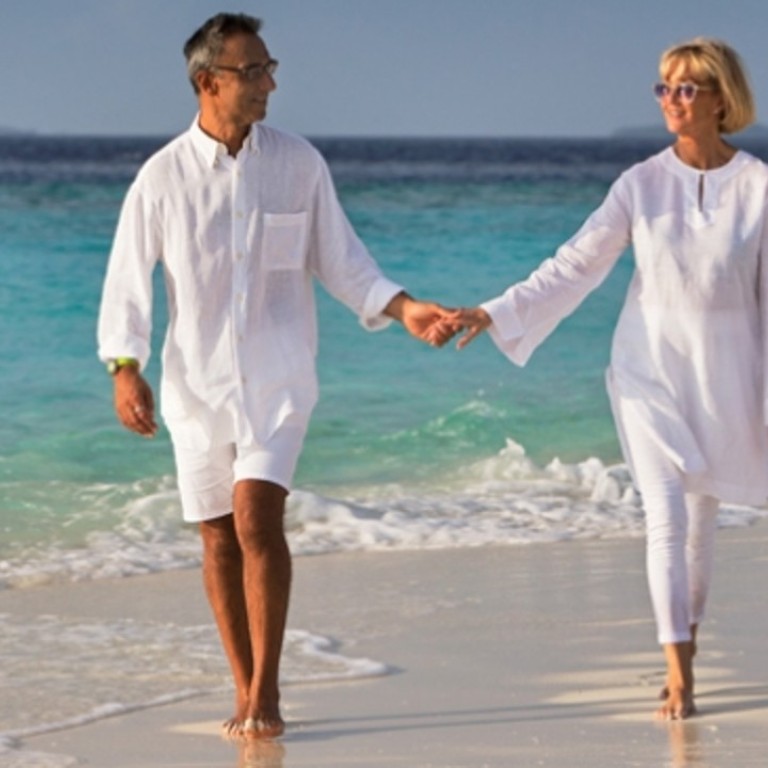
Corporations must rediscover their original purpose – to serve society, not just make money, says British-Indian resort tycoon Sonu Shivdasani
Founder of Soneva, which owns ultra-luxury resorts in the Maldives and Thailand, says environmentalism and sustainability must be central to all businesses, and Hong Kong has ‘a lot of room for improvement’
British-Indian hotelier Sonu Shivdasani has what many consider an ultra-luxury lifestyle – running his high-end resorts and travelling to some of the world’s most exclusive holiday destinations – but he is adamant that doesn’t make him any less of an environmentalist.
The 53-year-old chief executive and founder of Soneva, which owns resorts in the Maldives and Thailand, says he believes the global hotel industry consumes “far more than our fair share of resources” and should be taking “bold steps” to strike a balance between business and the needs of society. Hong Kong, he says, has “a lot of room for improvement” in this regard.
“I have spent my life working in the hotel industry, and have devoted my career towards building what is now a network of luxury resorts,” Shivdasani says. “I do not believe that this puts me at odds with conservation but I am the first to admit that my sector has a role to play in admitting where it has failed.”
Why Chinese and Indian celebrities love this Maldives resort
Shivdasani has taken several bold environmental steps in his 23-year career. One that stands out is his resort in the Maldives becoming the first in the country to recycle plastic itself into new products. The resort operator has also limited the amount of plastic used on site and banned plastic water bottles since 2008. The United Nations says the island nation has a “high level” of plastic bag consumption and plastic polluting its marine environment.
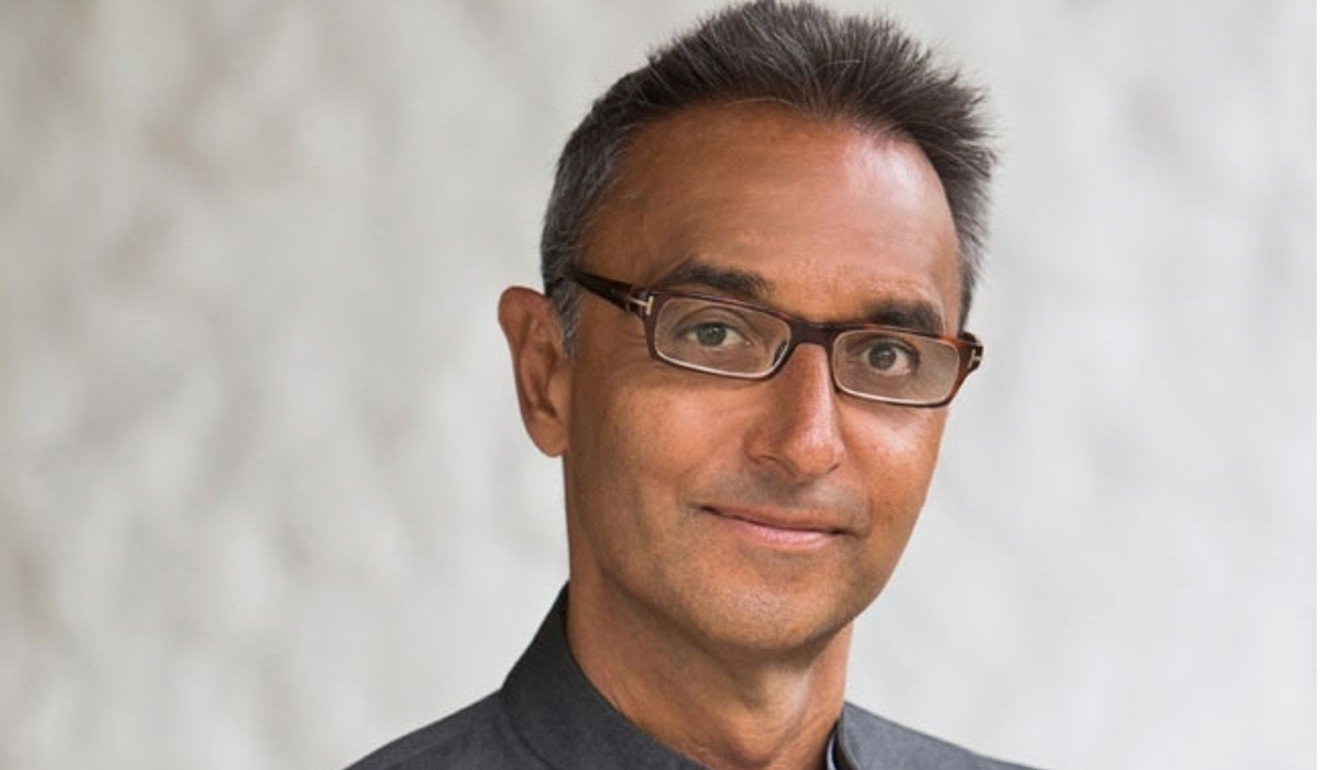
“The biggest challenge was dealing with people who had no interest in sustainability and getting them on board,” Shivdasani recalls of implementing the changes. “But, of course, as we started to implement things and people saw what we were doing, we started to convert a lot of people around us and also create a critical mass of people who are now passionate about this issue, and who work for us.”
Shivdasani, who studied English literature at the University of Oxford, had no experience of the hospitality industry when he set up his first resort. His Swedish wife, model Eva Malmstrom, brought him to the Maldives.
Your toothpaste may be irreparably damaging Hong Kong’s marine life – all because of tiny plastic beads
“What attracted us to the Maldives was its natural beauty, and we knew that to preserve that, one needed to limit the number of people coming,” Shivdasani says.
“I strongly believe that combining luxury and sustainability is the right business model, and when done right it is the most successful business model.”
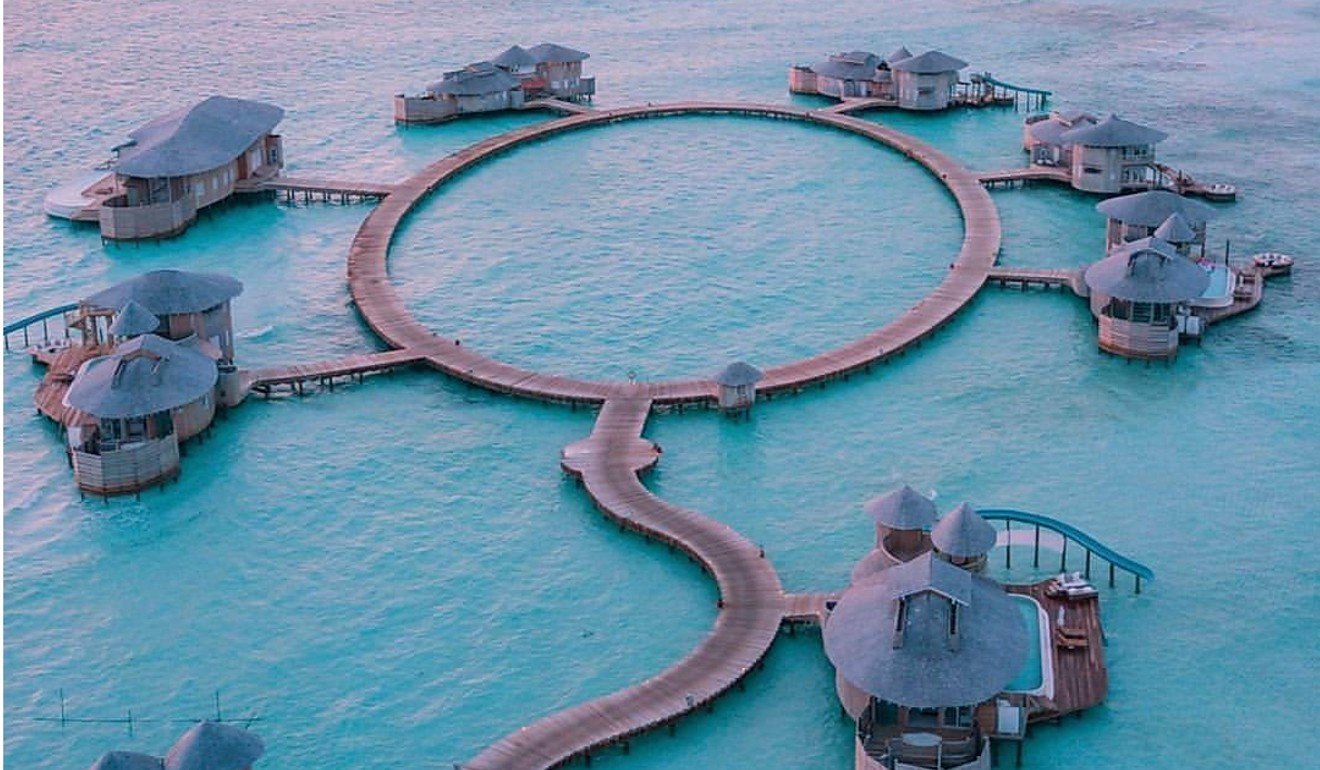
What is your daily routine like managing your own hotel business?
My daily life is never the same as I am often travelling. However, when we are in the Maldives the routine is a bit more fixed. After waking up I will read emails with a cup of hot water and lemon. After about half an hour, I will go either to the gym or do yoga. I hate to rush breakfast, so if I have a meeting I tend to eat during it so I do not have to gulp the food down too quickly, or I will sit and read emails while I eat so there is no rushing the food down. The day then comprises meetings and phone calls.
I always have a nap after lunch for 20 minutes; I am not the same without it. If Eva and I are at home, dinner will be a light soup, as the best way to keep fit and healthy is to have a big breakfast and lunch but to eat very light at dinner. As the sun is setting we may quickly find half an hour in our schedule to grab a half-bottle of champagne and watch the sunset.
The good, bad and ugly sides of the Maldives
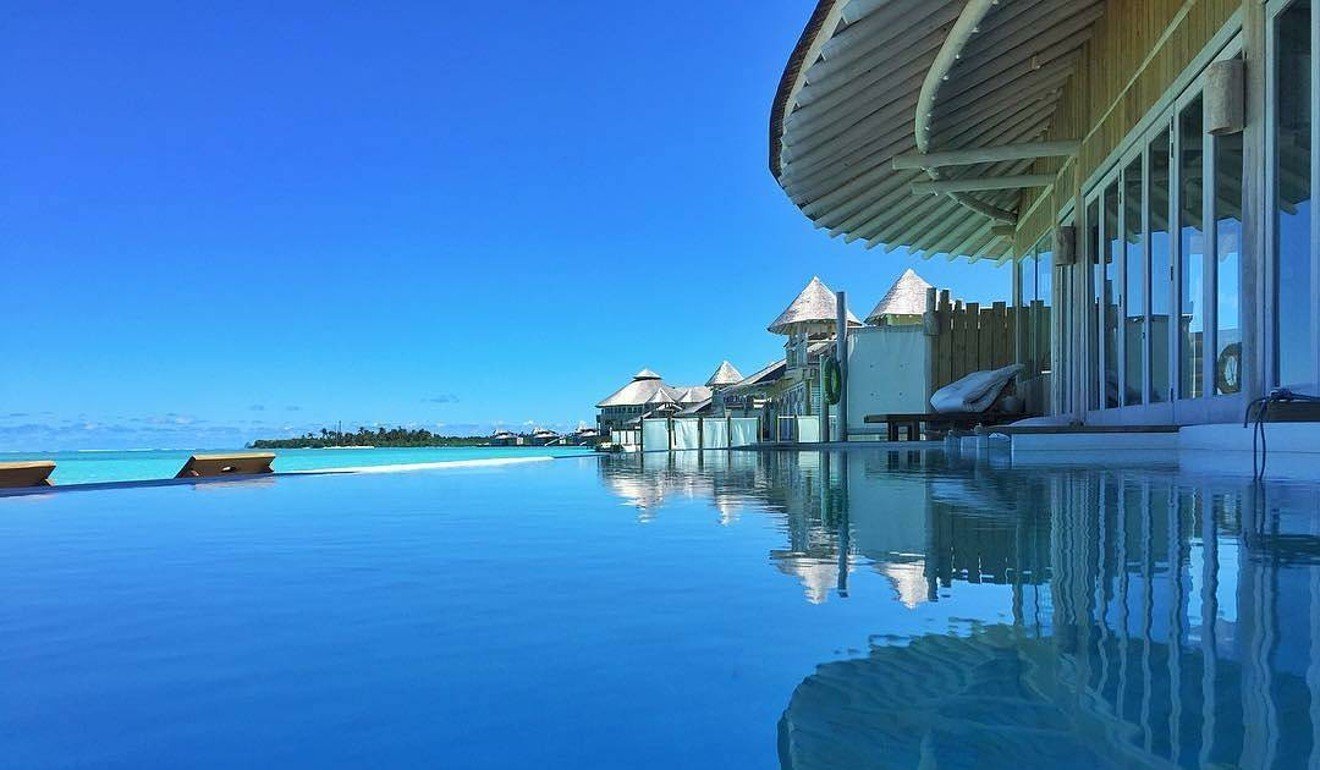
You hold a master’s degree in English literature. How did you decide on your current career?
Soneva was set up as a consequence of my dream to build an island home for my wife Eva and I. She had taken me to the Maldives in the early 1990s, and the breathtaking beauty of the stunning Maldivian atolls blew me away. We found the spectacular deserted island of Kunfunadhoo in Baa Atoll and we knew instantly that we wanted to live here. The only challenge was that the Maldives did not allow foreigners to own private homes. To overcome this the only solution was to set up a resort. I therefore looked around and found a hotel management company in Thailand that I bought, and I used that to set up Soneva Fushi on Kunfunadhoo. It was not done overnight though. We met a lot of scepticism in our quest to build our dream. For one, my family thought I was mad, given I had no experience in the hospitality industry.
Plastic: the miracle invention that now threatens our planet
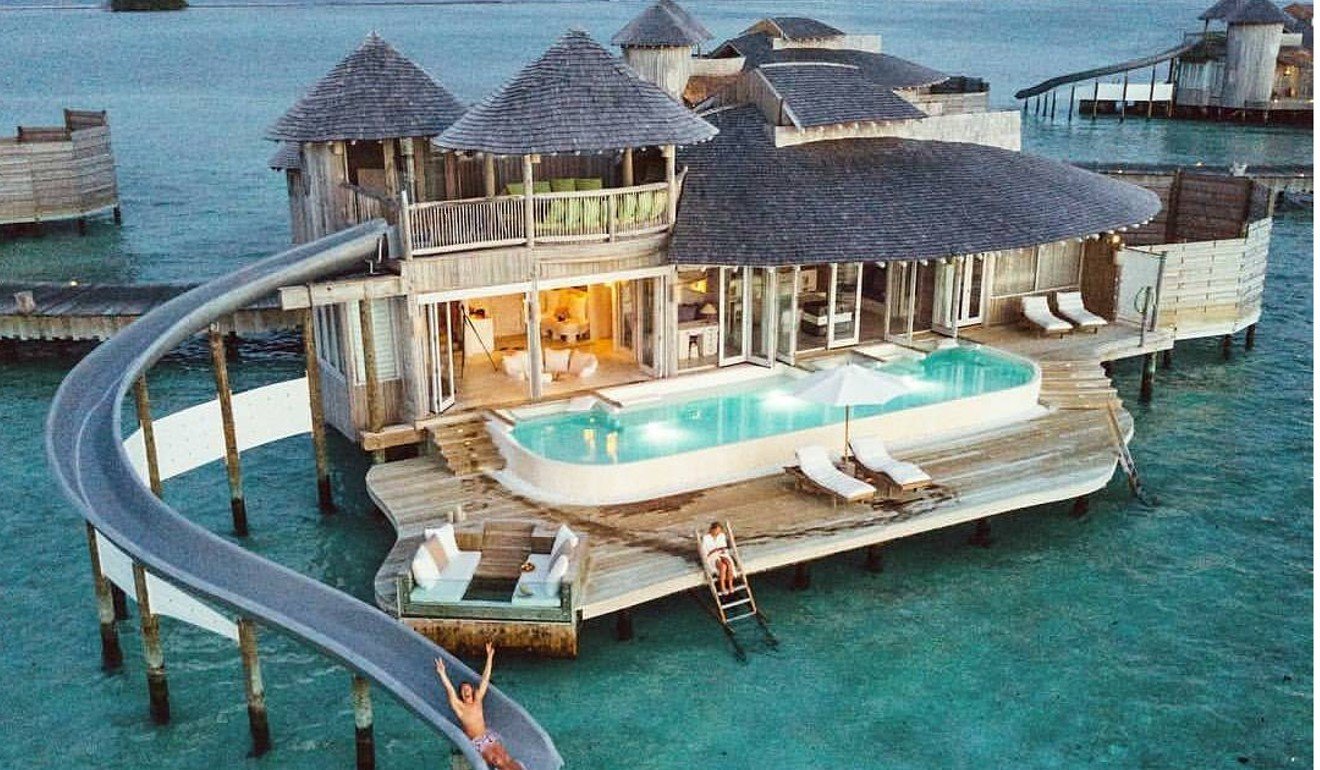
You are one of the founders of the Soneva Foundation, a UK-registered charity that supports projects to address global social and environmental challenges. Can you tell us how the foundation helps create a sustainable environment?
The Soneva Foundation has used the money it has raised to fund a reforestation programme in northern Thailand, where we have planted about half a million trees to mitigate 400,000 tonnes of carbon dioxide. It has funded a windmill in South India. It is also using the money we raise to provide 150,000 heavily subsidised cooking stoves in Myanmar and Darfur, Sudan. These stoves are extremely efficient and thus prevent the need for trees to be felled, reduce indoor toxic emissions, and also mean that women do not need to spend as much back-breaking time carrying firewood away from the protection of their villages. The hotel industry benefits the richest 20 to 30 per cent of the planet, and, because of our resource-hungry ways, at the expense of the poorest 70 to 80 per cent. In summary, we, as an industry, consume more than our fair share of resources. Companies must become the solution, not the problem. Companies must have a purpose beyond just enriching shareholders and paying employees a wage. This approach can also lead to much higher levels of host engagement and as a result magical service which is the ultimate measure of a luxury hotel experience.
How Europe is working to solve the plastic waste problem – and Hong Kong can, too
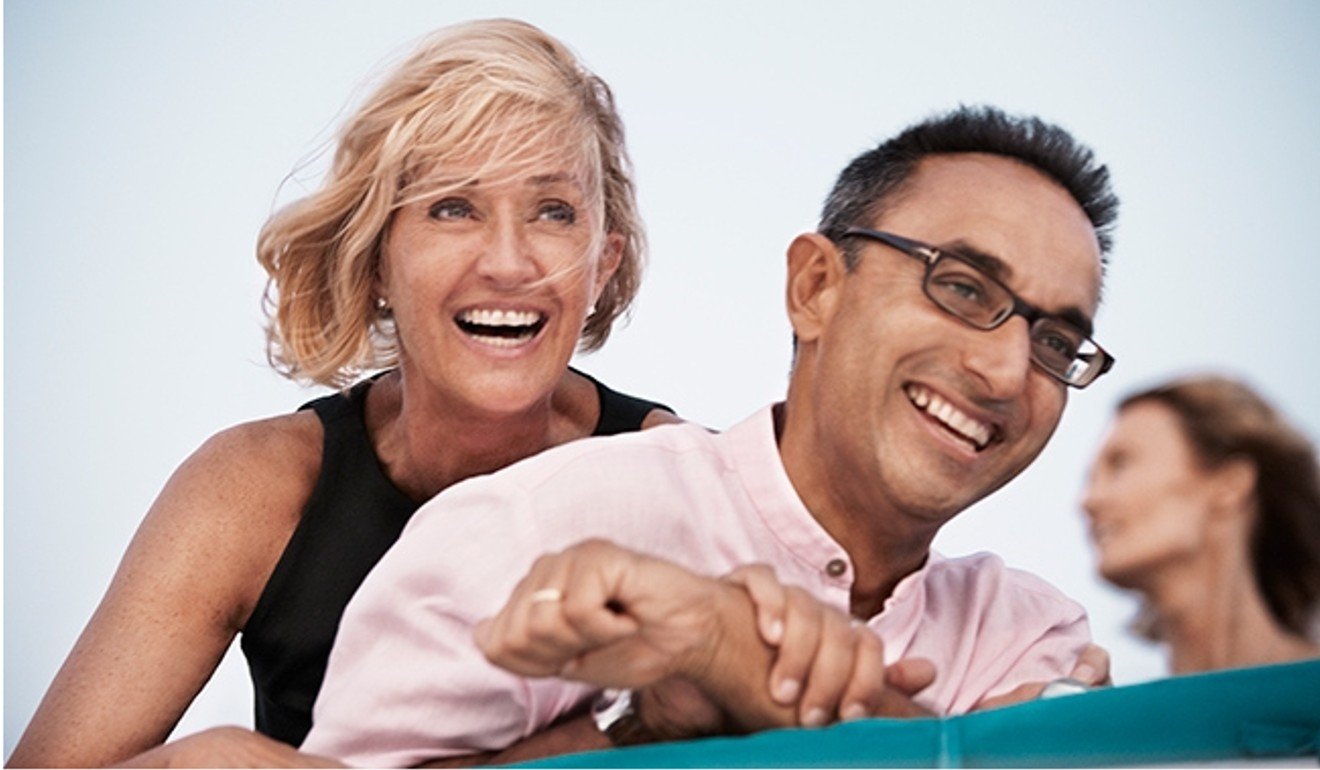
What do you think of the tourism and travel sector in Hong Kong, where there is such a big disposable culture? Should the industry do more to help cut plastic waste, especially after the government recently stopped selling water in bottles from vending machines on its premises?
There is a lot of room for improvement in Hong Kong. I understand that the city recycles around 45 per cent of its waste. Our experience at our resorts has shown us that one can achieve much more, as Soneva Fushi is at or above 80 per cent at the moment. There are three aspects to managing waste:
First, eliminate the opportunity to waste. We successfully banned branded water at our resorts back in 2008. We’ve had no pushback and in fact we believe we now deliver a better quality product for our guests, as our bottles are more beautiful and the water is healthier as we add a lot of minerals and vitamins. It would be great if Hong Kong could do the same, especially within the hospitality industry.
Second, reduce waste. The other thing that really annoys me is the unnecessary use of amenities and plastic bottles – not just in the hospitality industry but in every industry. Ever since we opened our resorts we’ve had large but stylish ceramic containers for amenities that are refilled. This is not only more cost-effective, it’s much more sustainable as well. Third, improve recycling. The city of New York is up to 70 per cent recycling because the government has put the onus on the suppliers to manage their waste. For instance, Coca-Cola had to come up with their own recycling initiatives to sell their drinks in the city.
Private sector has failed Hong Kong on plastic bottle recycling, green group study finds
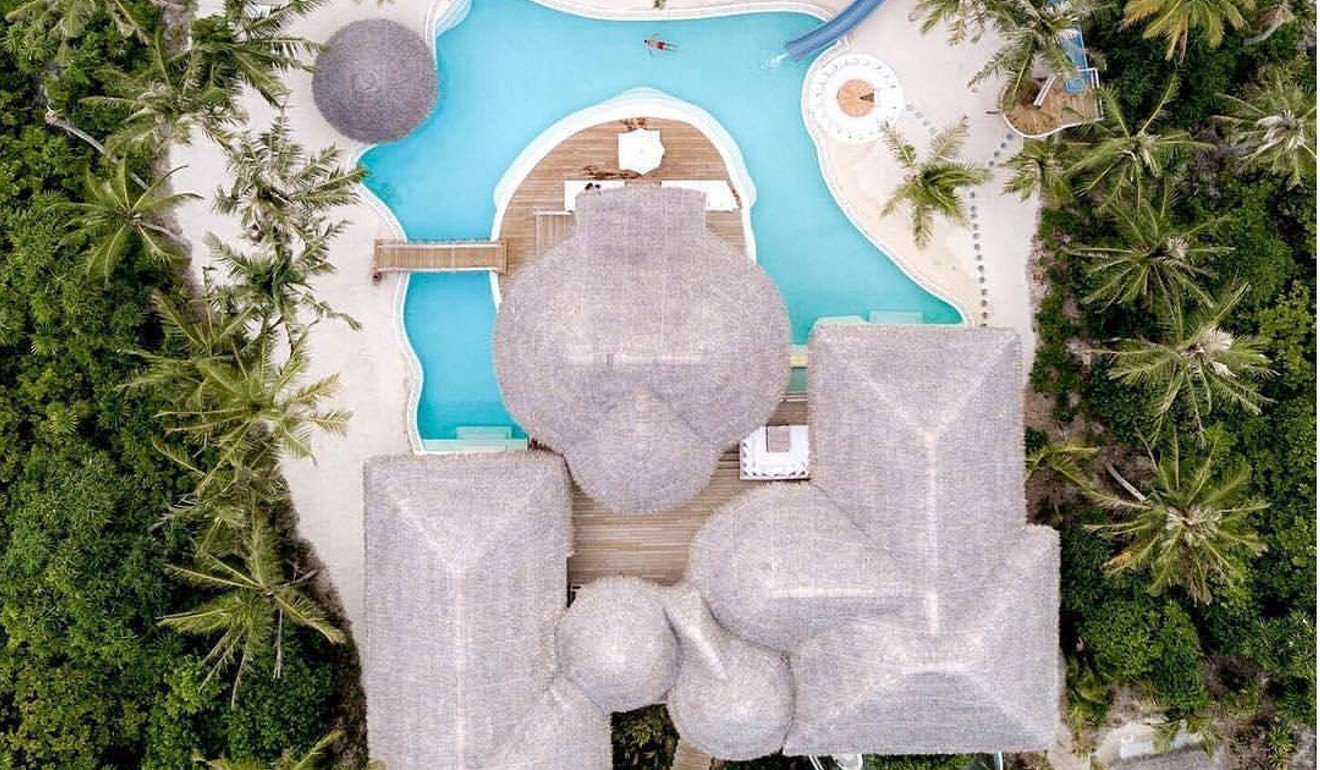
When did you realise the importance of environmentalism and sustainability?
I have devoted my entire career towards building what is now a network of luxury resorts. I do not believe that this puts me at odds with conservation, but I am the first to admit that my sector has a role to play in admitting where it has failed. I believe that all companies, hotel businesses included, must have a purpose beyond profit. They must play a greater role in the world beyond just enriching their shareholders. And I don’t believe that this has to run counter to a successful business model – in fact it can be central to it. In the hotel business, we can find opportunities to make small positive changes that do not impact negatively on either our profitability or our guests’ perception of our products, yet which can generate considerable good for both the environment and society. In fact, they can often enhance our guests’ experience. By taking bold steps we can fundamentally redress the balance between business and society, and shift back to the original purpose of the corporation as a service to society.
SHIVDASANI AFTER HOURS
If you could become a superhero, who would you be and why?
Perhaps Iron Man because he’s a billionaire entrepreneur and has his own business while at the same time uses his power to defend people.
Which movie did you watch recently and did you like it?
Darkest Hour. Gary Oldman was great and deserving of the Oscar. It’s a perfect example of a man going against conventional wisdom and standing up to opposition from within his own party and those outside to defend what he believes to be true.
What is one of the most romantic things you have done with your wife?
We love being in Florence and just sitting on the terrace of Villa San Michele looking out over the city. Plus, we are very lucky to live in a beautiful spot. Two to three times every week we have dinner on the beach at Soneva Fushi and watch the sunset together.
Who has inspired you the most in your career?
My father was a big inspiration and now my wife, Eva. They both have very strong convictions.
Can you share with us one of the worst holiday experiences you’ve ever had?
As an experienced traveller and hotelier, I have access to lots of sources on what’s good and bad, so fortunately I haven’t had a bad holiday in many years.

